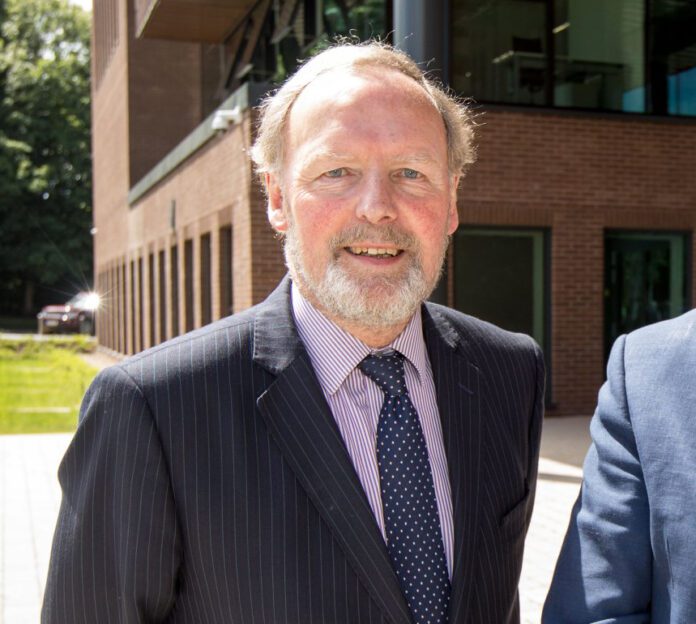
Four Gardaí and a retired Garda Superintendent, who are accused of attempting to pervert the course of justice, will be tried in Limerick after a judge refused an application to have the trial heard in Dublin.
The five accused, who have all served in the Limerick Garda Division, are retired Superintendent Eamon O’Neill, Sergeant Anne-Marie Hassett, Sergeant Michelle Leahy, Garda Tom McGlinchey, and Garda Colm Geary.
They were initially arrested in April 2021, brought before Limerick District Court and remanded on bail arising out of a major investigation into alleged corruption in office led by the Garda National Bureau of Criminal Investigation (GNBCI).
All five are alleged to have been involved in attempting to set aside road traffic offences for a number of individuals including some well-known Limerick hurlers, a politician, and a media personality in the Limerick region on various dates between January 2018 and September 2019.
Reading from an affidavit submitted by the Director of Public Prosecutions (DPP), Senior Counsel Michael Delaney, said: “Many of the persons who stood to benefitare high profile individuals connected with Limerick GAA, including several current members of the Senior County hurling panel.”
During a three-hour hearing at Limerick Circuit Court today, Mr Delaney argued it would be “manifestly unjust” if the trial was not moved to Dublin because the DPP had serious concerns about finding an impartial jury in Limerick.
Mr Delaney said the DPP’s application was triggered by three opinion editorials written by journalist Michael Clifford and published by the Irish Examiner last year; as well as statements about the case by two TDs in the Dáil; and a news story in the Clare Champion which reported their comments.
Mr Delaney argued this publicity and public commentary – which questioned the nature and proportionality of the Garda investigation and subsequent prosecution – was highly prejudicial to the State’s case. He added that the material potentially “reflects a view on the ground in the areas of the potential jurors, which is strongly sympathetic to the accused or hostile to the investigation or both”.
Mr Delaney further argued the articles had suggested the prosecution was “disproportionate and oppressive” and had an “improper purpose”.
He also stated that comments made in the Dáil last year by Fianna Fáil TD Cathal Crowe and Independent TD Richard O’Donoghue, were inflammatory and had prejudged matters.
Mr Delaney said Deputy Crowe likened the Garda investigation to the Salem witch trials and Deputy O’Donoghue had argued that Gardai were being prosecuted for doing their job.
James Dwyer SC, who opposed the DPP’s application on behalf of all five accused, said it had been presented in a slightly cavalier way, and was “entirely without merit”.
He described Mr Clifford as a journalist of great reputation and that the articles in question were balanced and carefully-worded.
He argued there would be a very considerable “fade factor”, as the trial would not likely take place for at least a year or two.
Mr Dwyer said the DPP did not provide any evidence showing how many people in Limerick or elsewhere had read the articles, or how many people were aware of the comments made in the Dáil.
He concluded there was no evidence to support moving the trial to Dublin.
Delivering his judgement, Judge Tom O’Donnell said the trial would attract media attention and comment, no matter where it occurred.
He said the DPP had not established the claim there might have been “a risk of an impartial jury”.
Judge O’Donnell added that as a lawyer and a judge with forty years experience, he was satisfied that a Limerick jury could be trusted to hear the case impartially.
“It is the view of the court that Limerick juries have in the past proven to be robust, intelligent, well able to grasp the issues, understand and take direction from a judge, understand trial procedures and the rights of an accused, and to act impartially,” he said.
He adjourned the case to fix a date for trial before Limerick Circuit Court.









